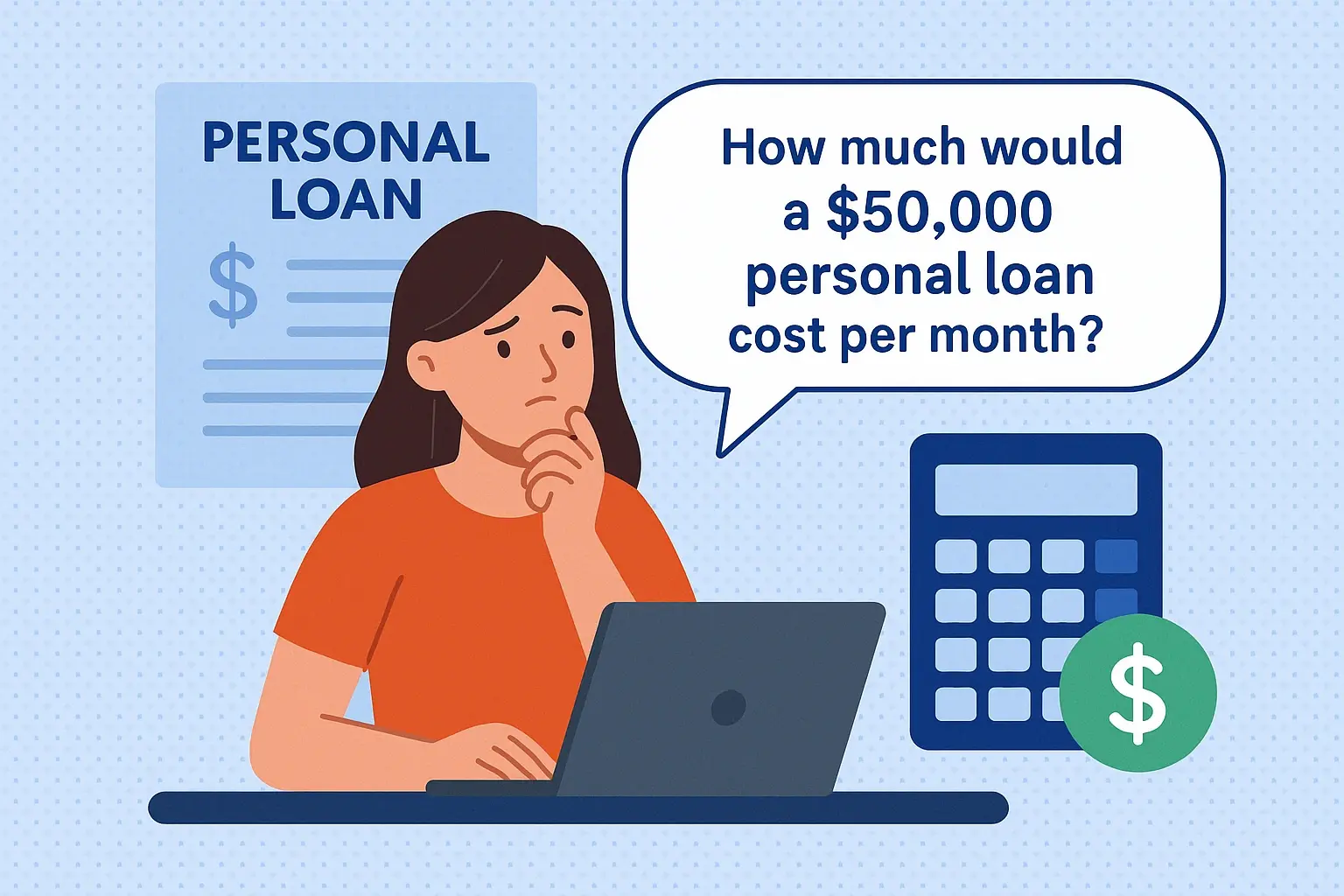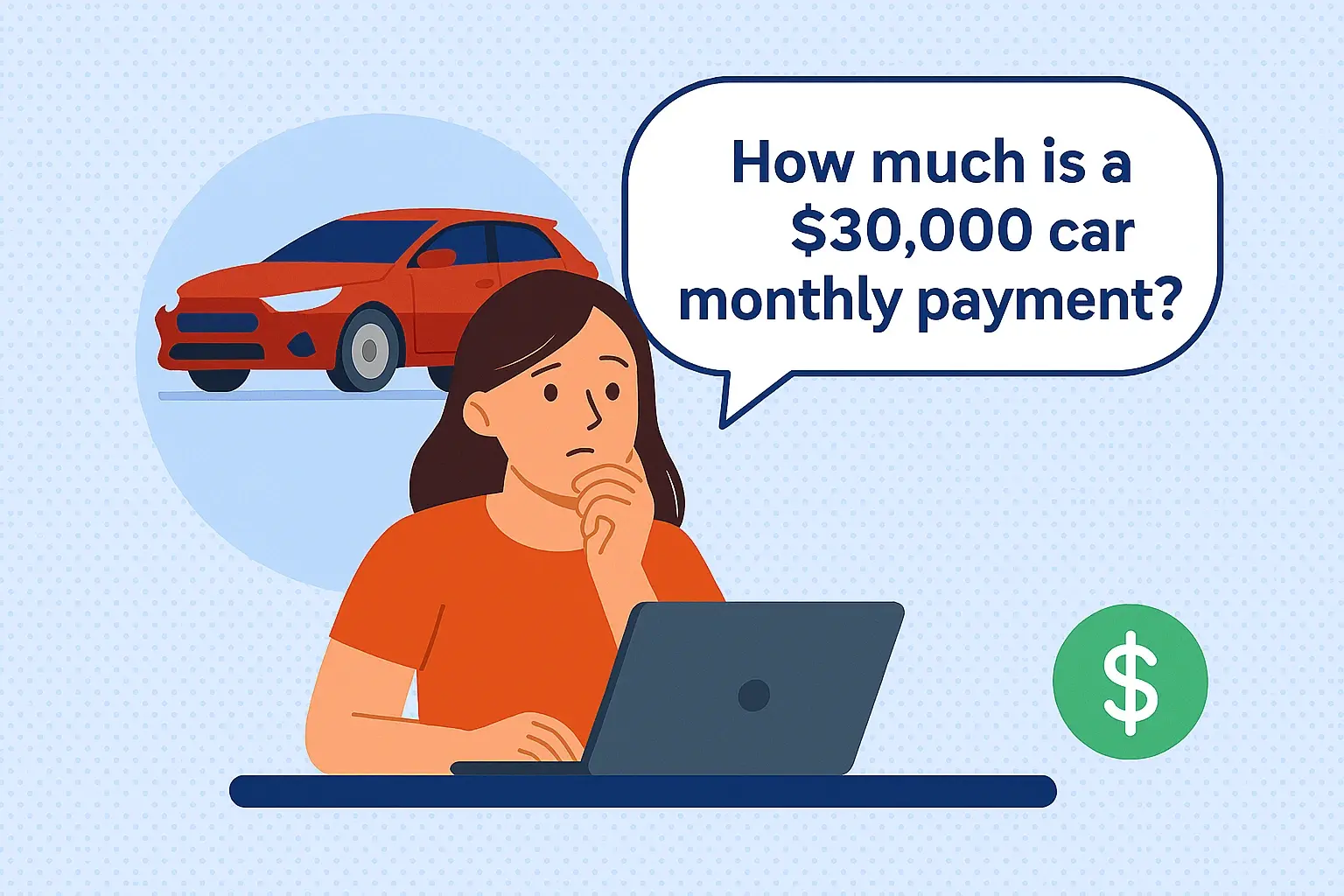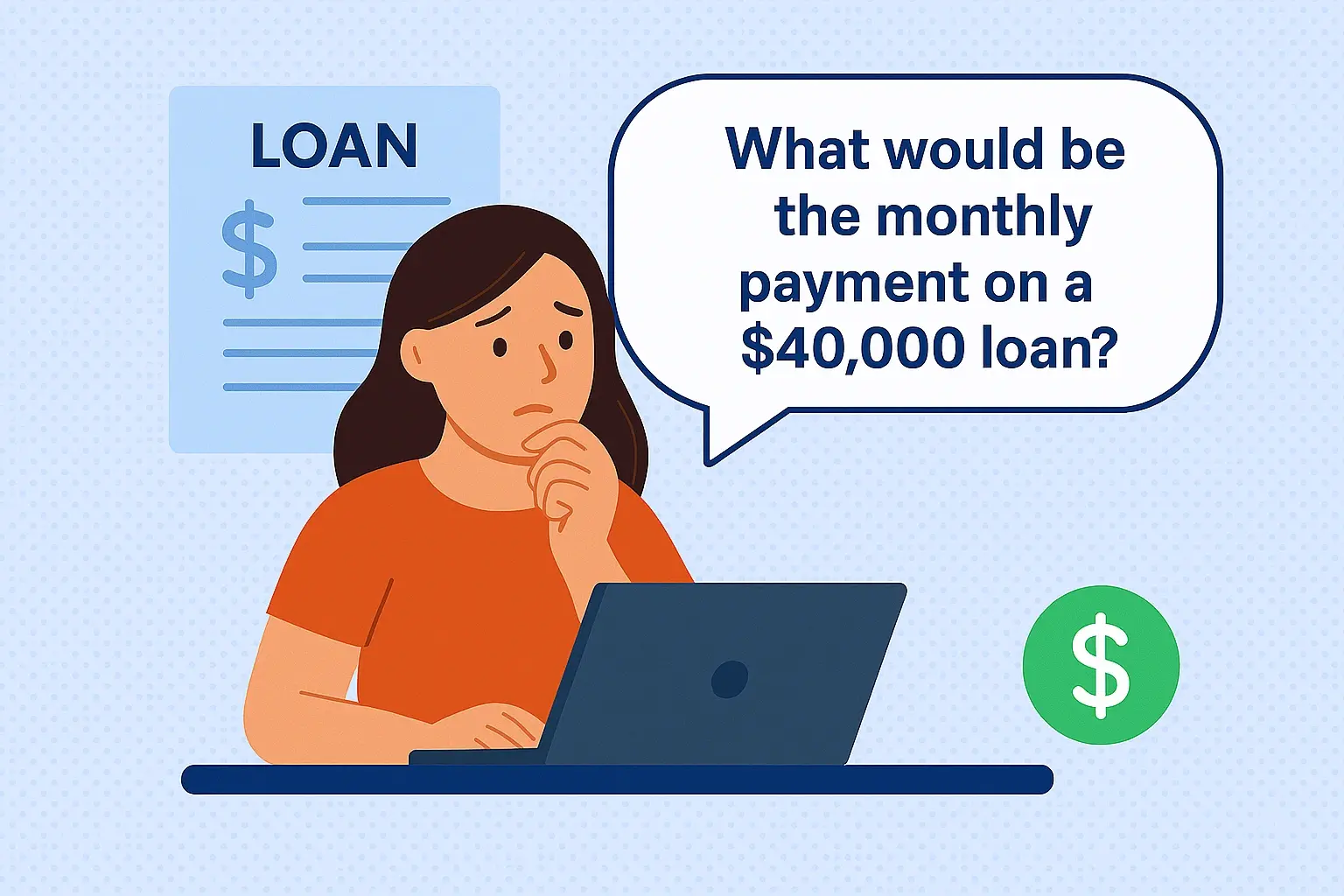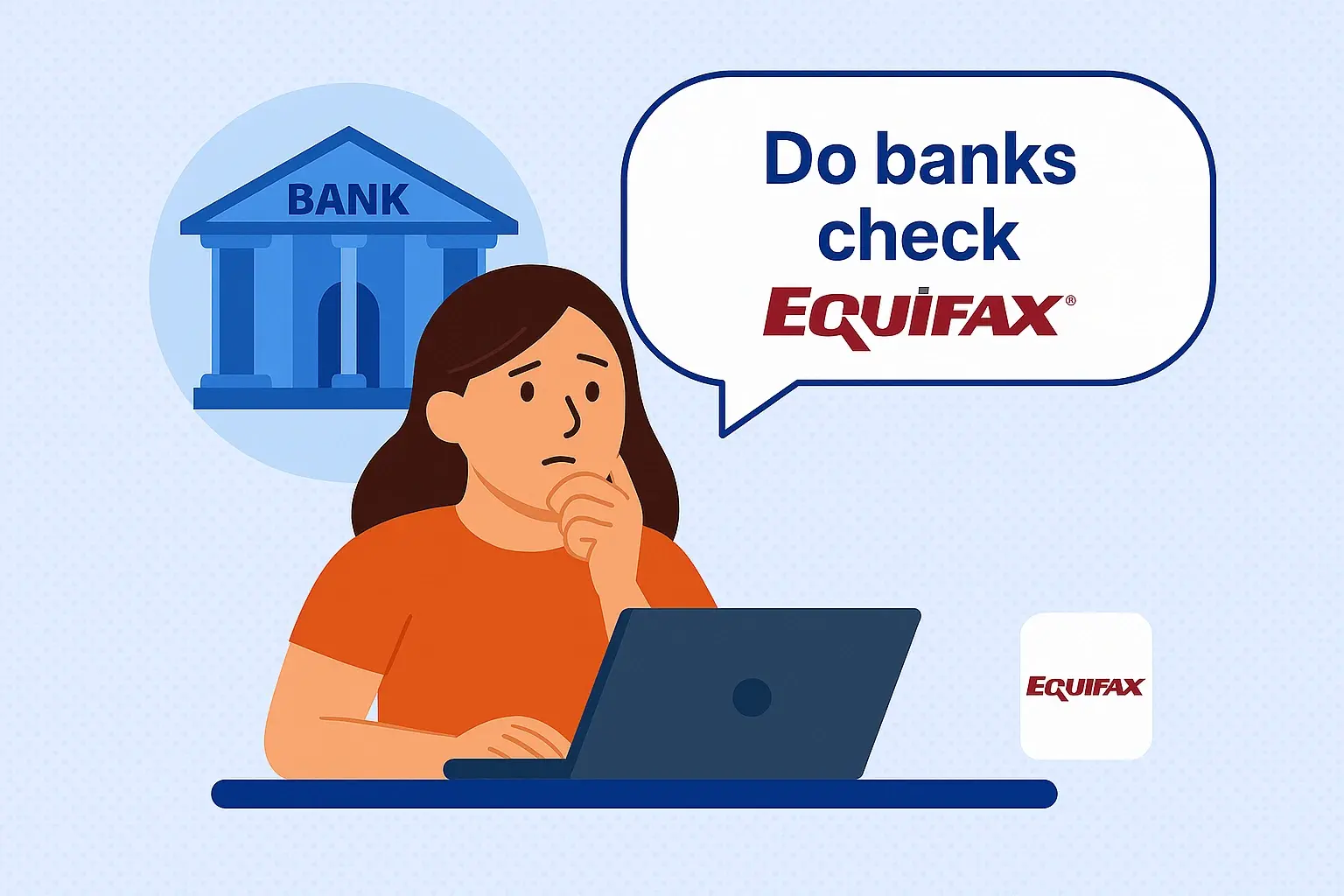-
Posted on: 06 Jan 2023
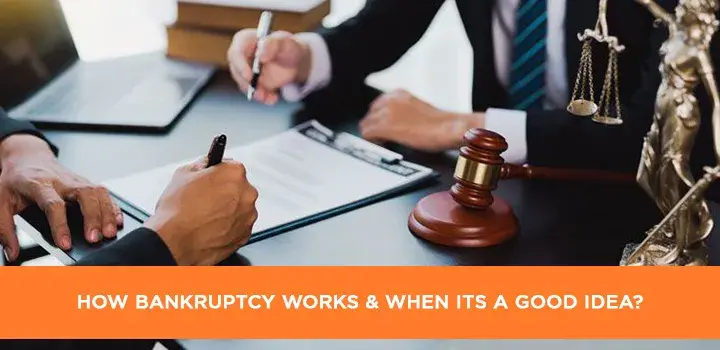
-
Facing overwhelming debt can feel like drowning. The constant stress of bills piling up, harassing phone calls from creditors, and the fear of losing everything you've worked for can be debilitating. While it's a difficult decision, understanding how bankruptcy works and when it's a viable option can empower you to regain control of your financial life.
What is Bankruptcy?
Bankruptcy is a legal process designed to provide individuals and businesses facing overwhelming debt with a fresh start. It's governed by federal law and allows debtors to either liquidate their assets to pay off debts (Chapter 7) or create a repayment plan to pay off debts over time (Chapter 13). It's crucial to understand that bankruptcy is a complex process with significant legal and financial implications. Seeking advice from a qualified bankruptcy attorney is always recommended.
Types of Bankruptcy: Chapter 7 vs. Chapter 13
Two of the most common types of bankruptcy for individuals are Chapter 7 and Chapter 13. Here's a breakdown of each:
Chapter 7 Bankruptcy: Liquidation
Chapter 7 bankruptcy, also known as "liquidation bankruptcy," involves selling off non-exempt assets to pay creditors. Exempt assets are those that are protected by law and cannot be seized, such as a certain amount of equity in your home, personal belongings, and tools of your trade. The specific exemptions vary by state, so consulting with a bankruptcy attorney is critical.
Who is Chapter 7 Bankruptcy Right For?
- Individuals with little or no disposable income to repay debts.
- Individuals with few non-exempt assets.
- Individuals who are eligible based on the "means test" (more on that below).
The Chapter 7 Means Test
To qualify for Chapter 7, you must pass a "means test." This test compares your income to the median income in your state. If your income is below the state median, you automatically qualify. If it's above the median, you may still qualify if you can demonstrate that you don't have enough disposable income to repay your debts. The means test considers factors like your necessary living expenses, such as housing, food, transportation, and healthcare.
What Happens After Filing Chapter 7?
- Automatic Stay: An "automatic stay" goes into effect immediately upon filing, which stops most collection actions, including lawsuits, garnishments, and foreclosure.
- Meeting of Creditors (341 Meeting): You'll attend a meeting of creditors where the trustee and creditors can ask you questions about your financial situation.
- Asset Liquidation: The trustee will identify and sell any non-exempt assets.
- Debt Discharge: If all goes well, the court will issue a discharge order, which eliminates most of your debts.
Chapter 13 Bankruptcy: Reorganization
Chapter 13 bankruptcy, also known as "reorganization bankruptcy," allows you to keep your assets while repaying your debts over a period of three to five years. You'll propose a repayment plan to the court, which must be approved. The plan typically involves making monthly payments to the bankruptcy trustee, who then distributes the funds to your creditors.
Who is Chapter 13 Bankruptcy Right For?
- Individuals who don't qualify for Chapter 7 due to the means test.
- Individuals who want to keep their assets, such as their home, and catch up on mortgage arrears.
- Individuals with regular income who can afford to make monthly payments under a repayment plan.
The Chapter 13 Repayment Plan
The Chapter 13 repayment plan is based on your disposable income, which is your income after deducting necessary living expenses. The plan must pay off certain priority debts, such as taxes and child support, in full. Other debts, such as credit card debt and medical bills, may be paid off in part or in full, depending on your disposable income and the amount of debt you owe.
What Happens After Filing Chapter 13?
- Automatic Stay: Similar to Chapter 7, an automatic stay goes into effect immediately.
- Repayment Plan Proposal: You'll propose a repayment plan to the court.
- Meeting of Creditors (341 Meeting): You'll attend a meeting of creditors.
- Confirmation Hearing: The court will hold a hearing to determine whether to confirm your repayment plan.
- Plan Payments: You'll make monthly payments according to your confirmed plan.
- Debt Discharge: After successfully completing your repayment plan, the court will issue a discharge order, eliminating the remaining debts included in the plan.
When is Bankruptcy a Good Idea?
Deciding whether to file for bankruptcy is a personal and complex decision. It's not a step to be taken lightly. However, in certain situations, it can be a powerful tool for regaining financial stability. Here are some scenarios where bankruptcy might be a good idea:
Overwhelming Debt
If you're facing overwhelming debt that you can't realistically repay, even with debt consolidation or other debt management strategies, bankruptcy might be the right choice. This is especially true if you're constantly stressed about finances, receiving harassing phone calls from creditors, and struggling to make ends meet.
Facing Foreclosure or Eviction
If you're facing foreclosure on your home or eviction from your apartment, bankruptcy can provide immediate relief by stopping the foreclosure or eviction process. Chapter 13 can allow you to catch up on missed mortgage payments and keep your home.
Garnishment of Wages
If your wages are being garnished to pay off debts, bankruptcy can stop the garnishment and protect your income. Chapter 13 can also allow you to repay the debt through a repayment plan.
Lawsuits and Judgments
If you've been sued by a creditor or have a judgment against you, bankruptcy can stop the lawsuit or prevent the creditor from seizing your assets to satisfy the judgment.
Unemployment or Loss of Income
If you've experienced a significant loss of income due to unemployment, illness, or other unforeseen circumstances, bankruptcy can provide temporary relief from debt obligations while you get back on your feet.
Medical Debt
Medical debt is a leading cause of bankruptcy in the United States. If you're burdened by large medical bills that you can't afford to pay, bankruptcy can provide a way to discharge that debt and start fresh.
The Impact of Bankruptcy on Your Credit Score
It's important to understand that filing for bankruptcy will have a negative impact on your credit score. However, the impact is often less severe than continuing to struggle with debt and missing payments. While a bankruptcy will remain on your credit report for 7-10 years, you can begin rebuilding your credit immediately after filing by taking steps to improve your creditworthiness, such as obtaining a secured credit card and making all payments on time. Over time, the impact of the bankruptcy on your credit score will diminish.
Alternatives to Bankruptcy
Before filing for bankruptcy, it's important to explore other options for managing your debt, such as:
- Debt Consolidation: Combining multiple debts into a single loan with a lower interest rate.
- Debt Management Plans: Working with a credit counseling agency to create a repayment plan with creditors.
- Negotiating with Creditors: Directly negotiating with creditors to reduce your debt or create a more manageable payment plan.
- Budgeting and Expense Reduction: Creating a budget and cutting unnecessary expenses to free up cash for debt repayment.
The Importance of Seeking Professional Advice
Bankruptcy is a complex legal process, and it's essential to seek advice from a qualified bankruptcy attorney before making any decisions. A bankruptcy attorney can help you assess your financial situation, determine whether bankruptcy is the right option for you, and guide you through the process. They can also help you protect your assets and ensure that you receive the maximum benefit from your bankruptcy filing. They can also advise on specific state laws regarding exemptions which vary significantly.
Conclusion
Bankruptcy is a serious decision that should be carefully considered. However, it can be a valuable tool for individuals and families struggling with overwhelming debt. By understanding how bankruptcy works and when it's a good idea, you can make an informed decision about whether it's the right choice for you. Remember to explore all available options and seek professional advice before filing. Taking control of your financial future is a journey, and seeking help is a sign of strength.

